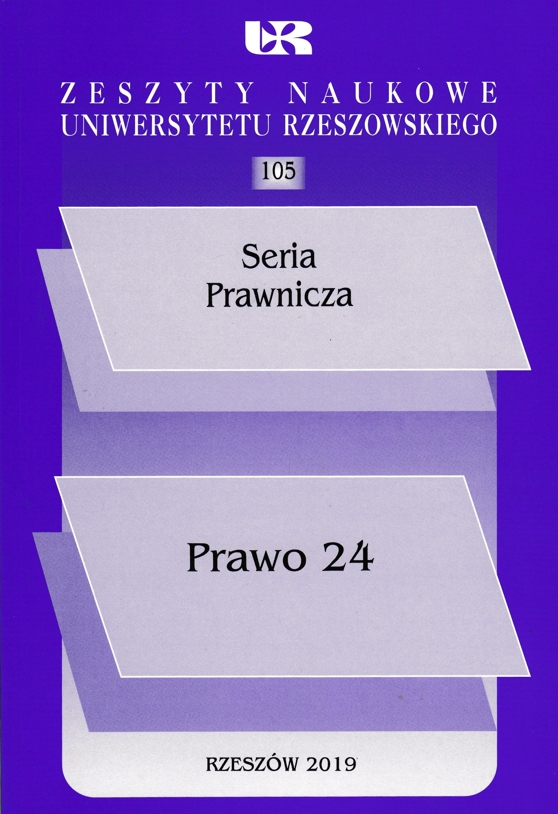Limits of admissibility of illegally obtained evidence in Polish criminal proceedings
DOI:
https://doi.org/10.15584/znurprawo.2019.24.11Keywords:
evidence, illegally obtained evidence, admissibility, limits of admissibility, inadmissibility, criminal proceedingsAbstract
The paper considers issue of admissibility of evidence obtained illegally in the polish criminal proceedings in reference to provisions of art. 168a c.p.p. and art. 168b c.p.p. In art. 168a c.p.p. the legislator accepted as principle admissibility of evidence obtained by means of an offense or by violation of the provisions of the procedure. Then, the ratio legis of introduction of art. 168b c.p.p. was intention to eliminate the prohibition of eating the fruit of the poisonous tree obtained in course of operational control and giving assessment of their sequent use to decision of prosecutor. In this background the proconstitutional trend becomes particularly important, because in theirs literal meaning art. 168a c.p.p. and art. 168b c.p.p. are unacceptable and there is, regarding to constitutional norms, the instrument to allow to eliminate from trial evidence obtained illegally.
Downloads
Downloads
Published
How to Cite
Issue
Section
License
Copyright (c) 2019 Acta Iuridica Resoviensia

This work is licensed under a Creative Commons Attribution-NonCommercial-NoDerivatives 4.0 International License.

